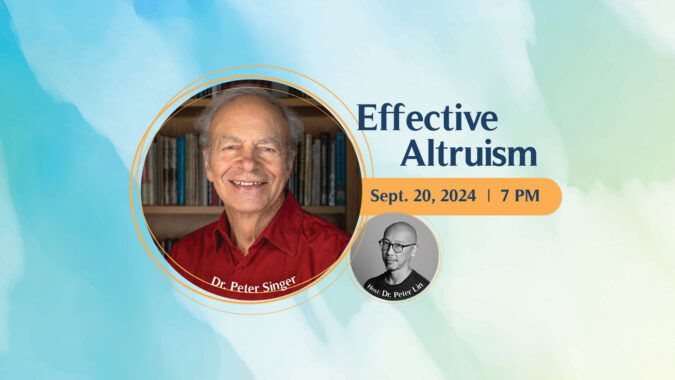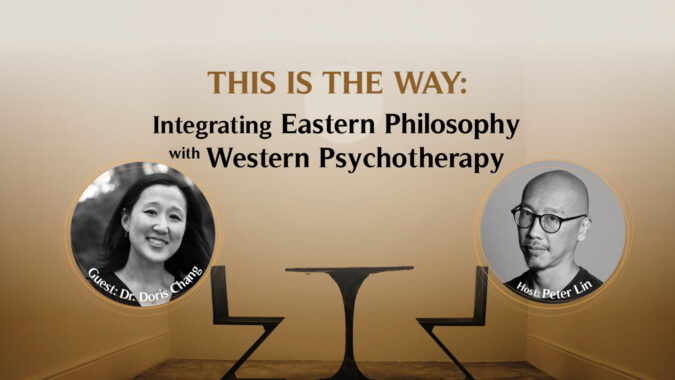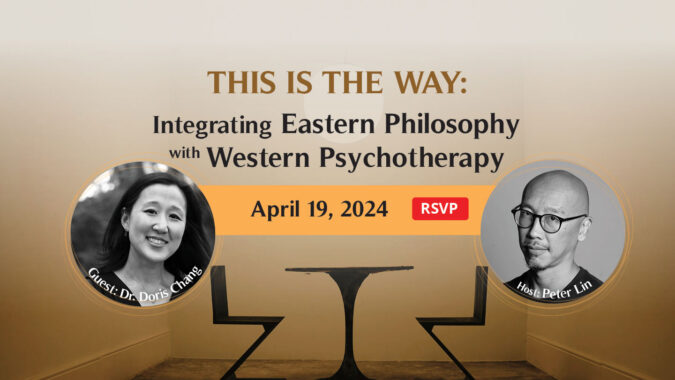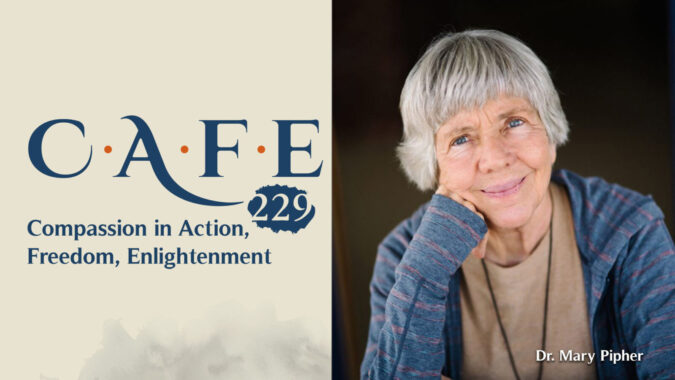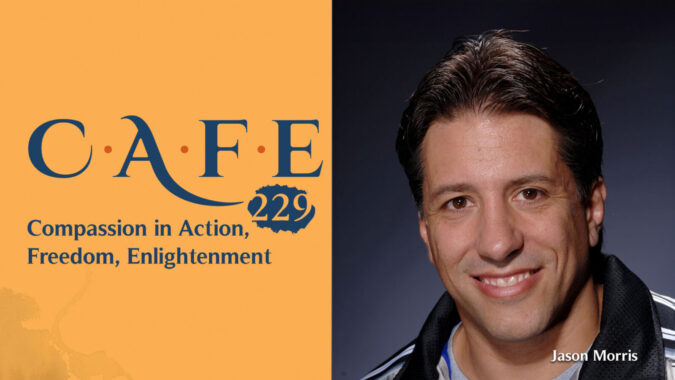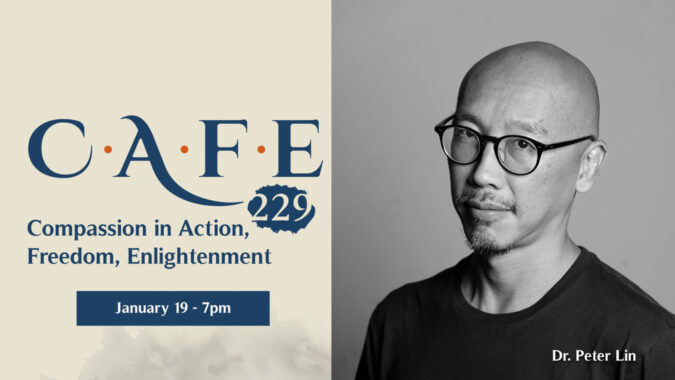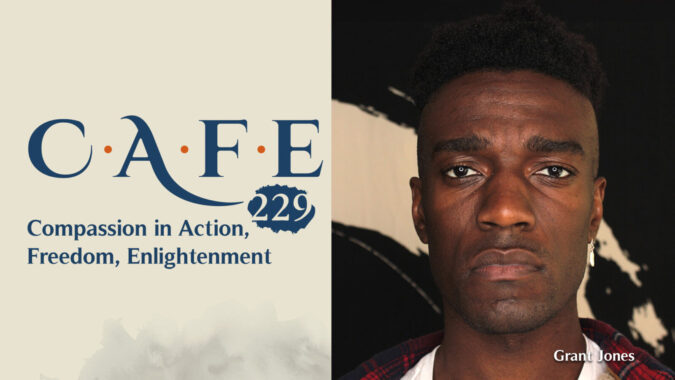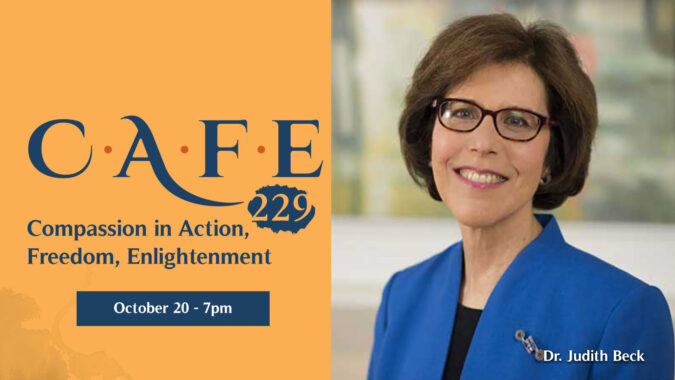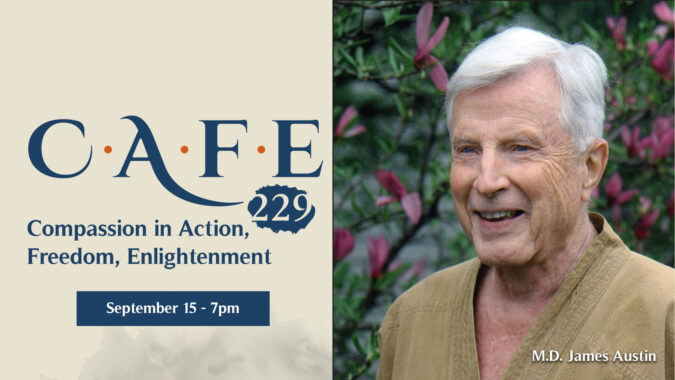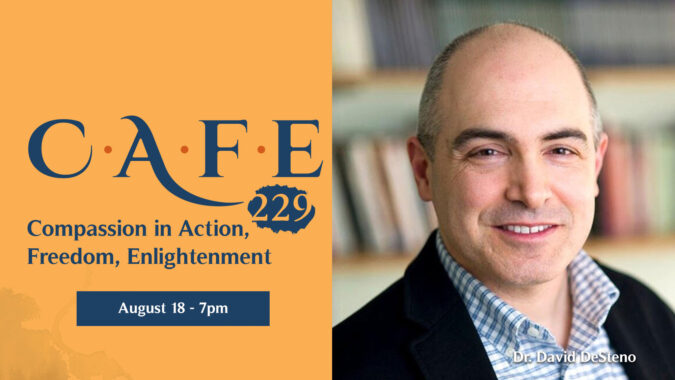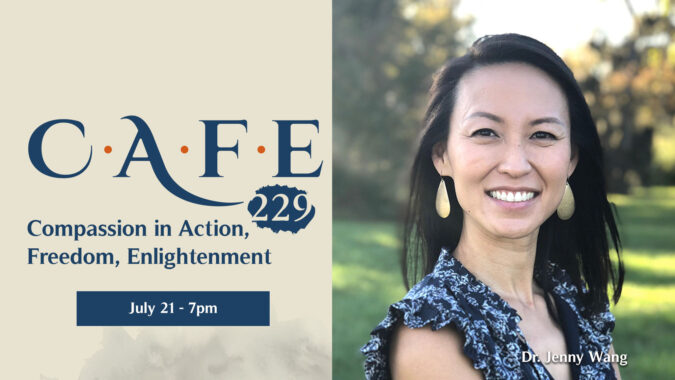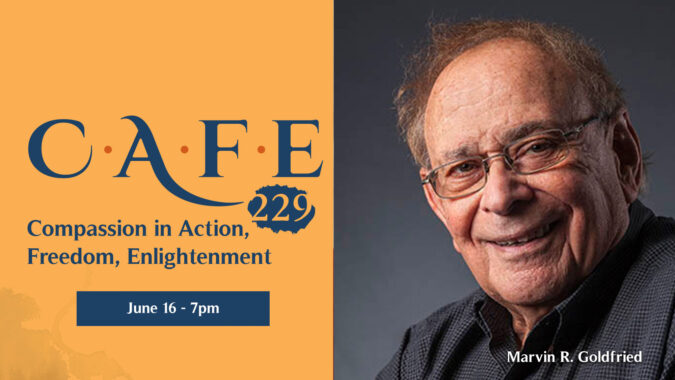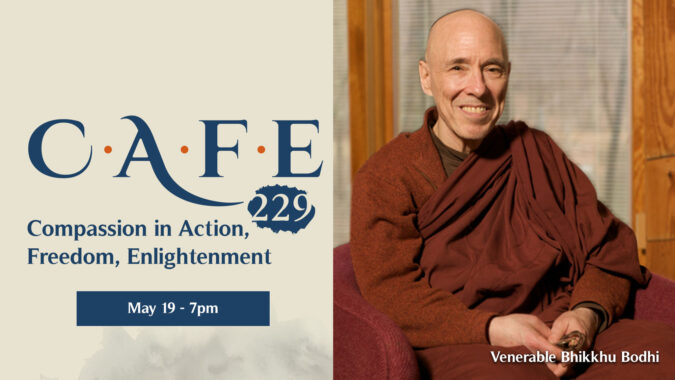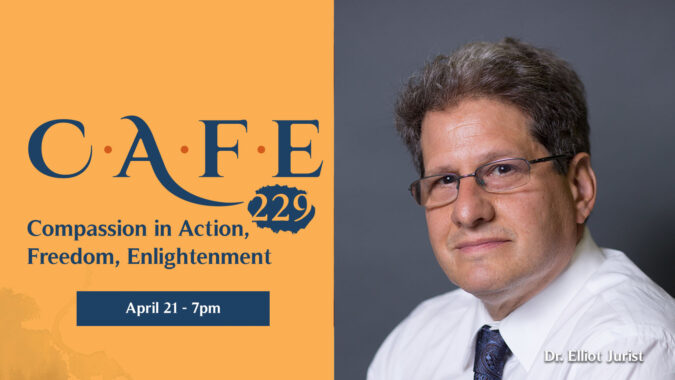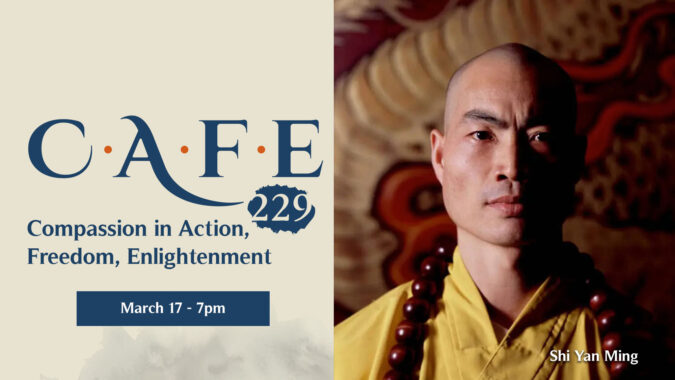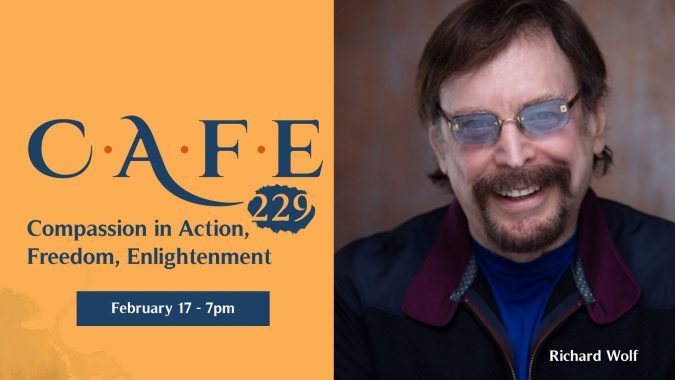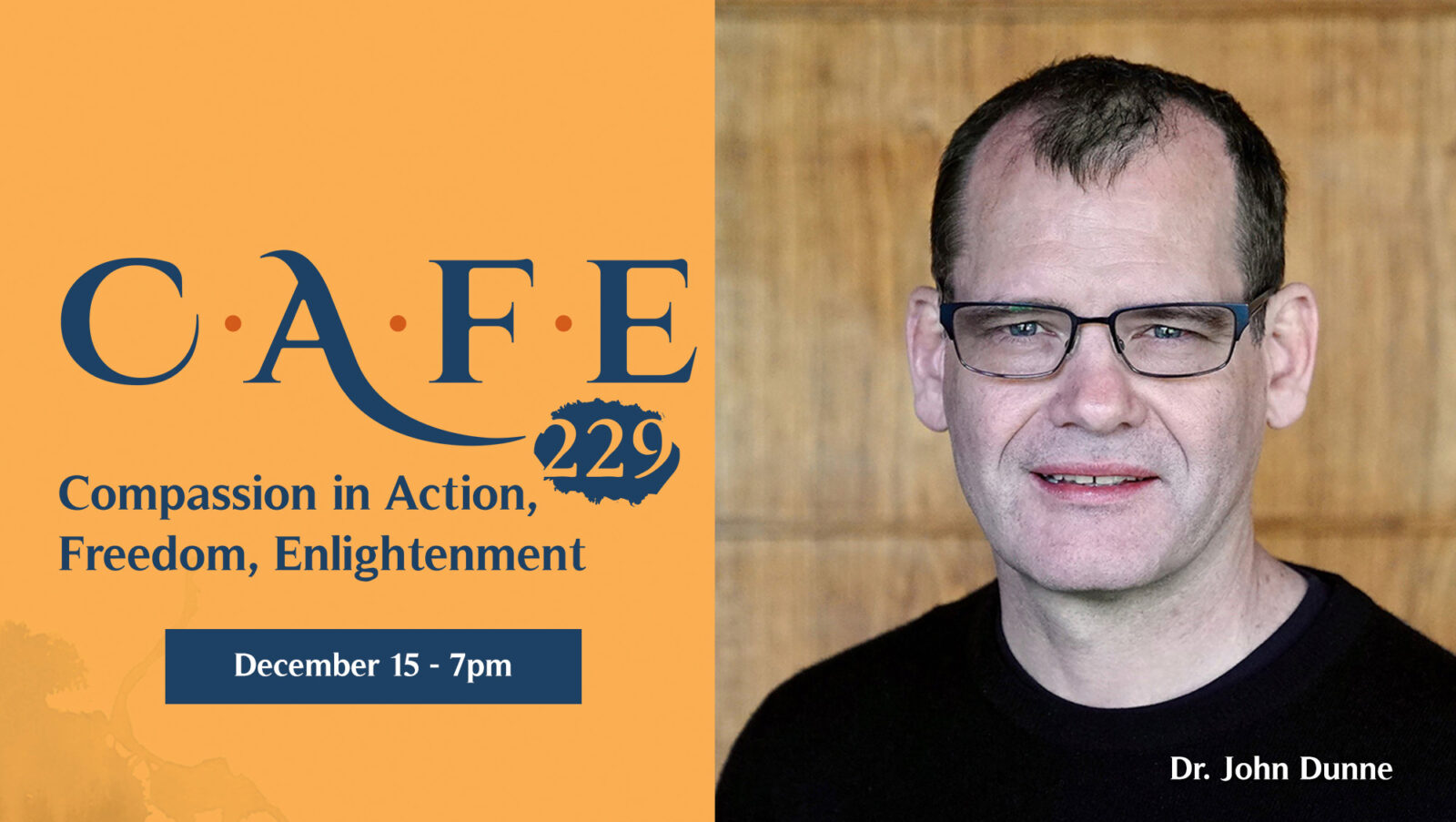
While many dismiss any spiritual practice as unfounded, Buddhist values are grounded in empirical evidence and analysis. Developed over centuries, Buddhism encourages its practitioners to rely on direct experience and deep introspection as they interact with the world around them
In this installment of C.A.F.E. 229, we are honored to welcome Dr. John Dunne. A dedicated academic, Dr. Dunne’s work is focused on Buddhist philosophy, contemplative practice, and its scientific basis.
Join us for an insightful episode dedicated to situating Buddhism within the realm of science.
Register to this event
About Dr. John D. Dunne
John D. Dunne (PhD 1999, Harvard University) holds the Distinguished Chair in Contemplative Humanities, an endowed position created through the Center for Healthy Minds at the University of Wisconsin–Madison. He is also a distinguished professor in the Department of Asian Languages & Cultures, where he serves as department Chair.
John Dunne’s work focuses on Buddhist philosophy and contemplative practice, especially in dialogue with cognitive science and psychology. His publications appear in venues across the Humanities and the Sciences, including works on Buddhist philosophy, contemplative practice, and their interpretation within scientific, philosophical, and cultural contexts.
John Dunne speaks in academic and public contexts, and his public engagements often include the Gomde centers of Denmark and Austria and the Upaya Zen Center in Santa Fe. In addition to serving as core faculty in the Center for Healthy Minds, he is a Fellow and former Board member of the Mind and Life Institute and an academic adviser for the Rangjung Yeshe Institute.

